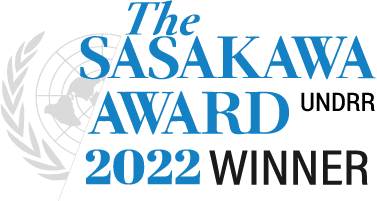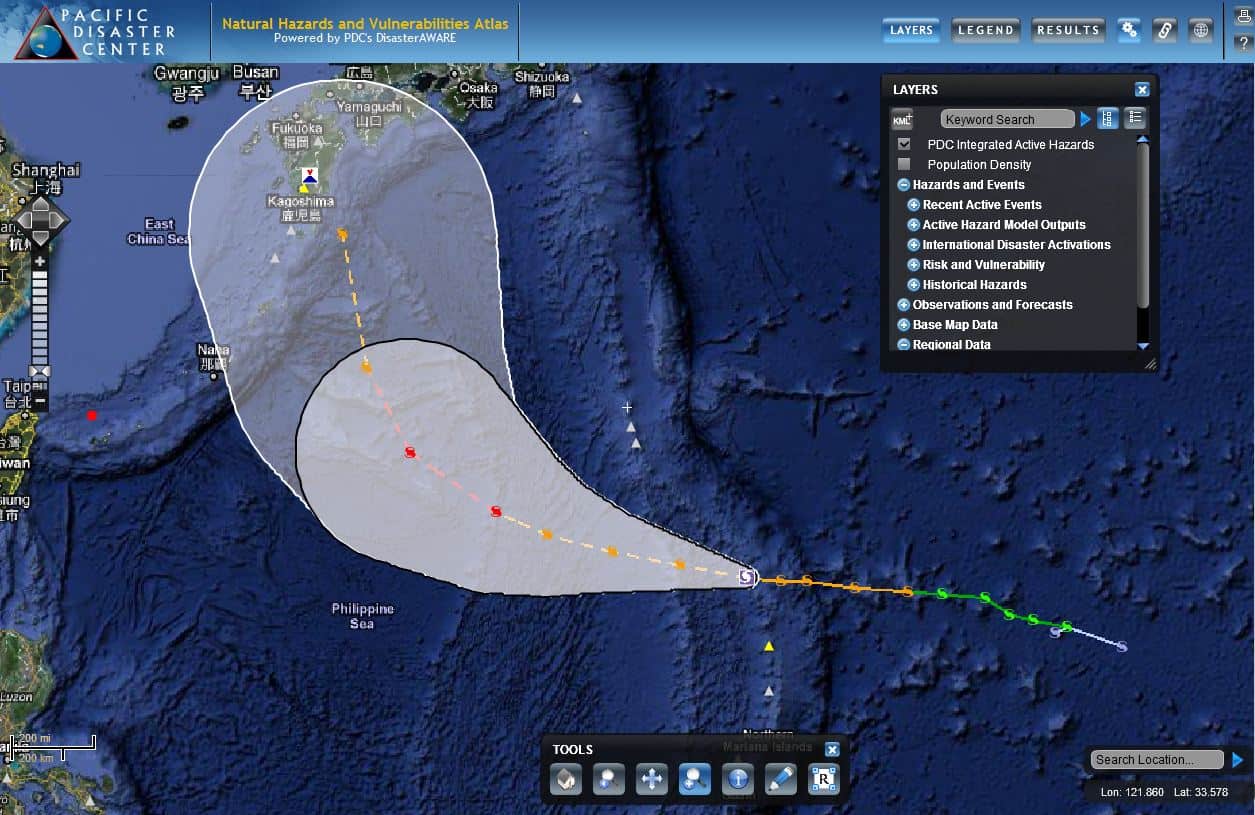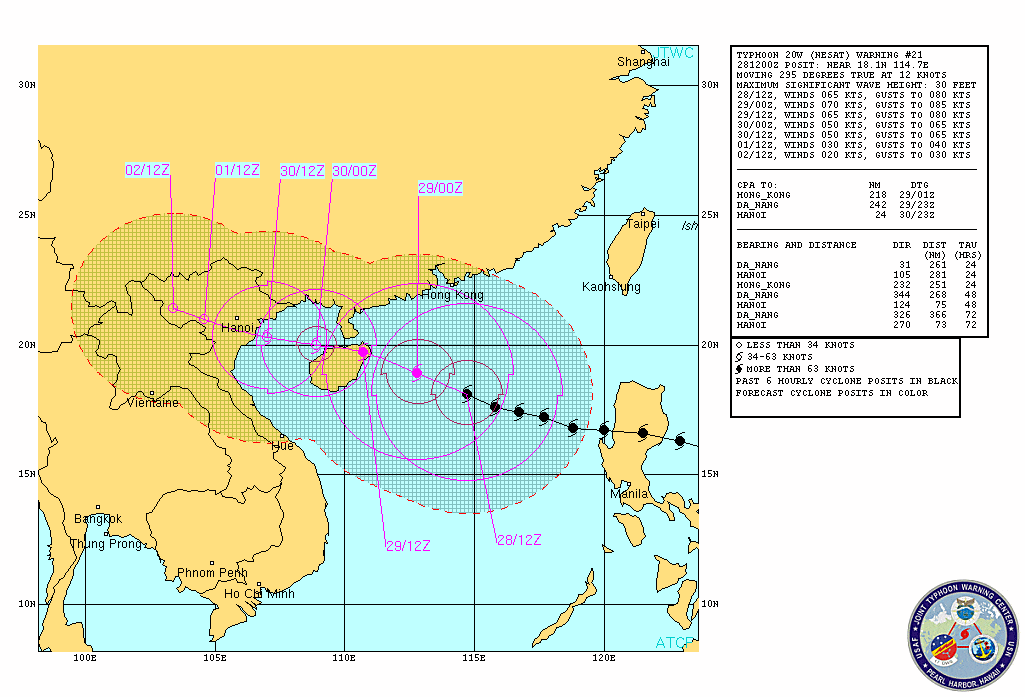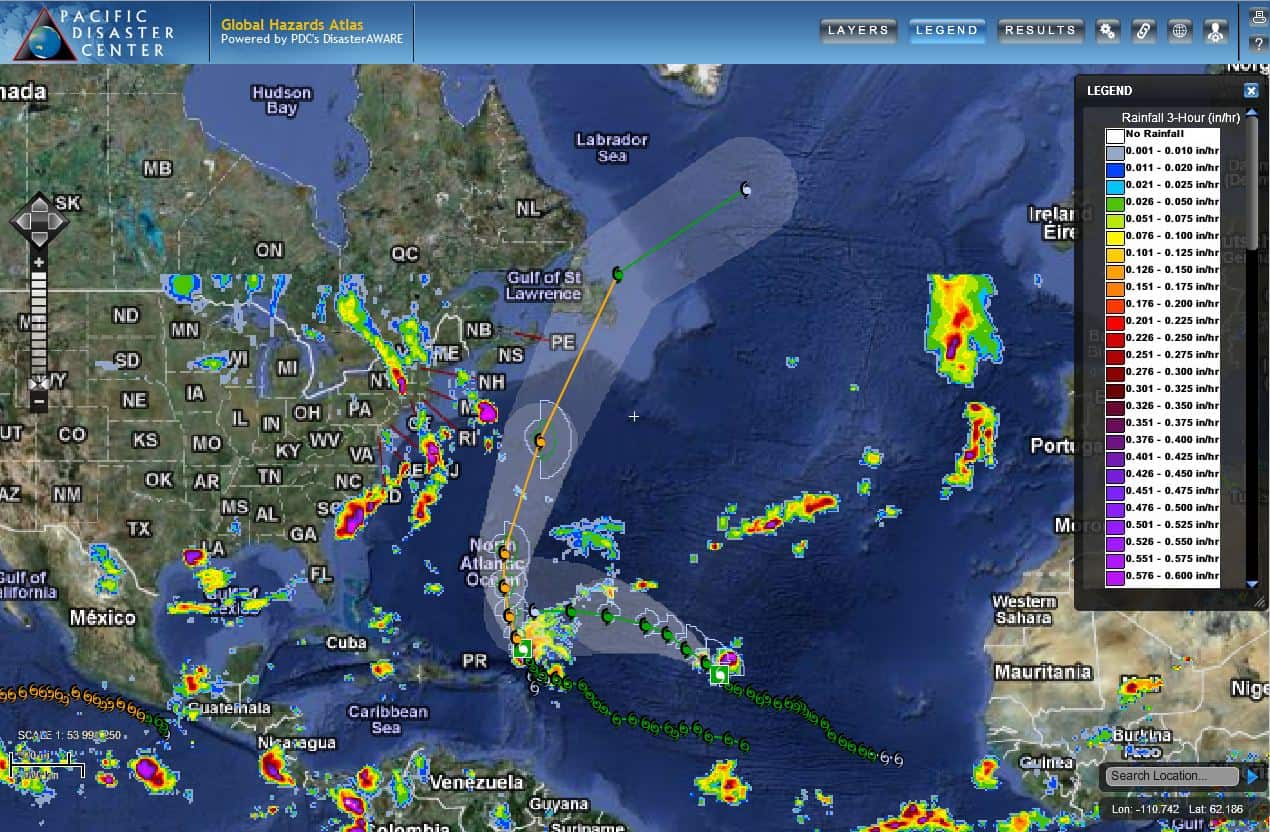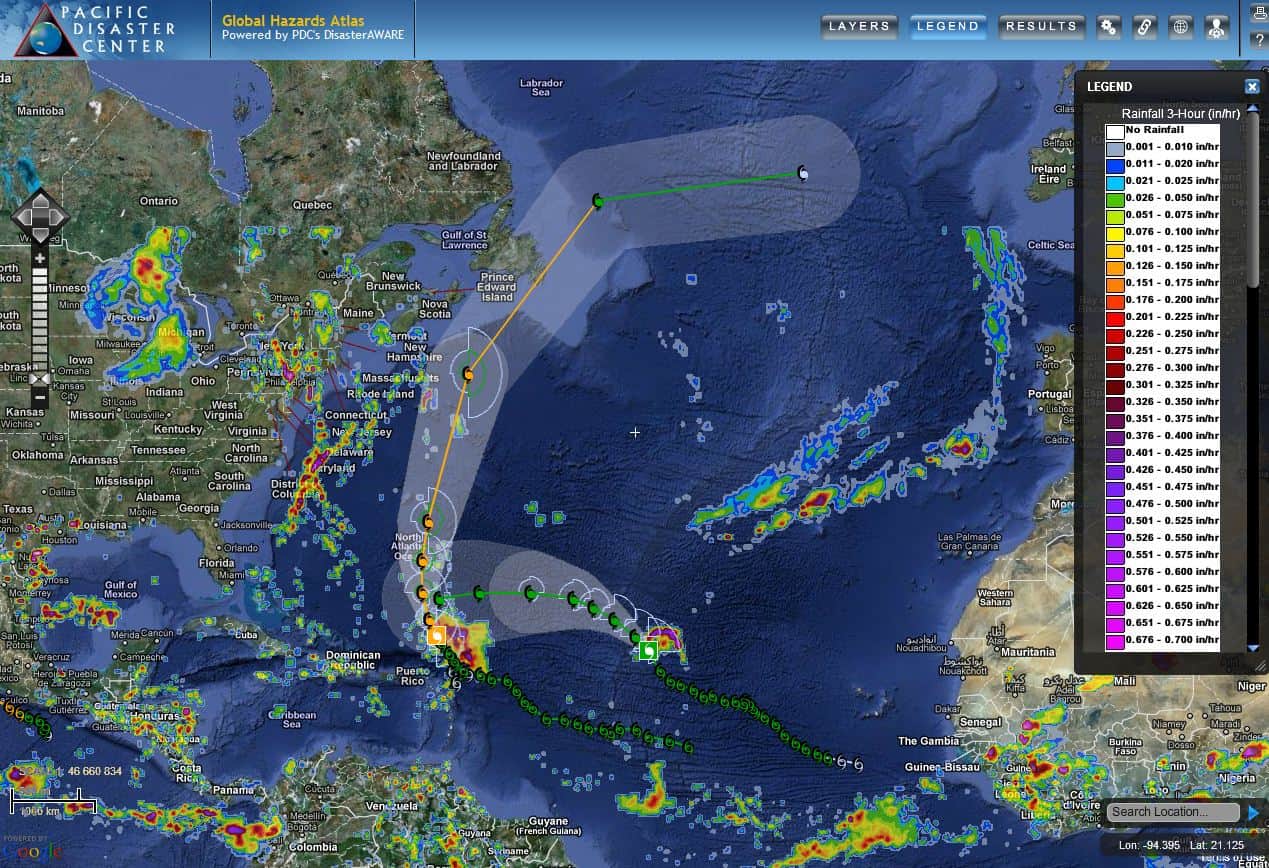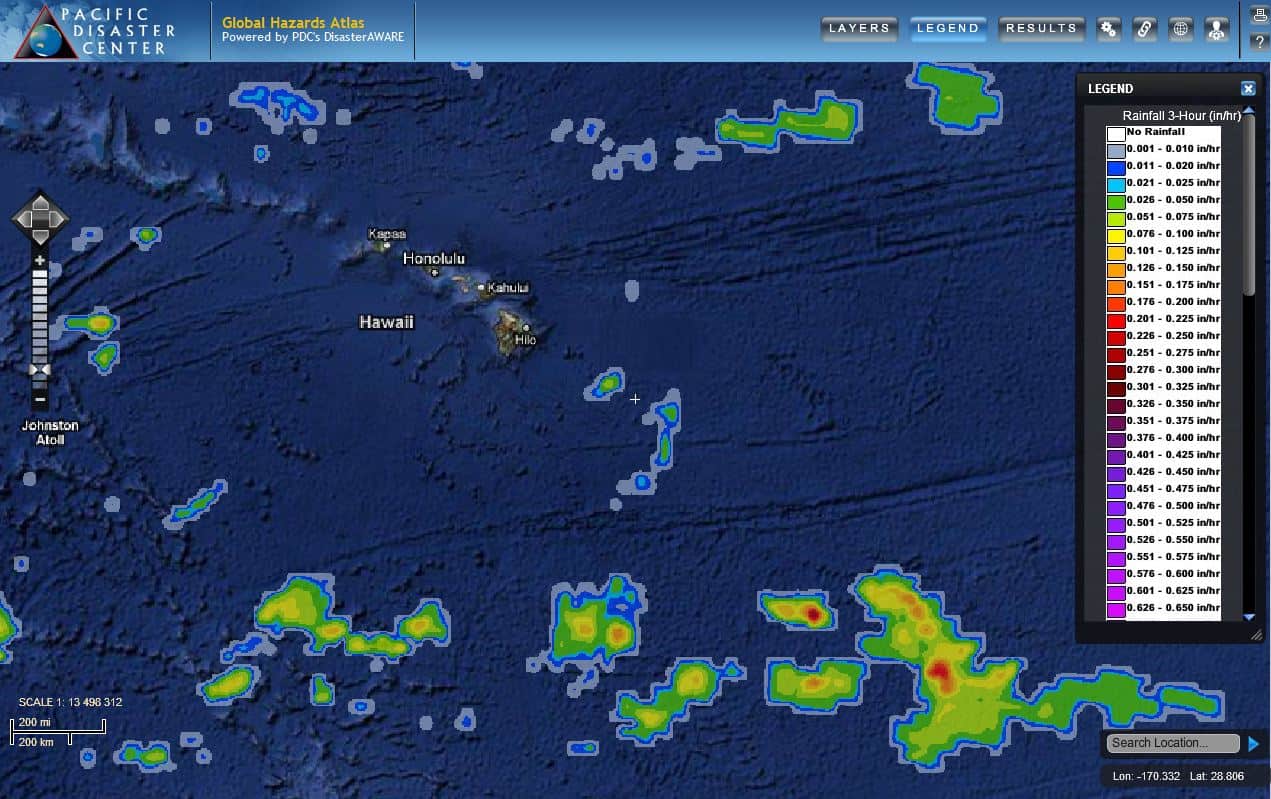Memorandum of Understanding builds on decades of collaboration between The Bahamas National Emergency Management Agency and the University of Hawaii’s applied science and research center Pacific Disaster Center.
A new collaboration on climate change and disaster risk reduction research geared toward small island states has been formalized through a memorandum of understanding (MOU) between the University of Hawaiʻi and the University of The Bahamas.
The Bahamas Prime Minister Philip Davis hosted the signing on October 13, which was the United Nations General Assembly’s International Day for Disaster Risk Reduction. The partnership seeks creative solutions to sea-level rise and island sustainability, including disaster resilience, environmental sustainability, tourism, and health and wellness.
“Our shared experiences create an opportunity for the University of The Bahamas and the University of Hawaiʻi to work together to find creative solutions and lead the world in building small island resilience through scientific advancement,” said UH President David Lassner. “Through our collective advancements in research and the application of science, our two universities aim to inform institutional-level transformation and to help guide evidence-based policy throughout the Caribbean, Pacific and beyond.”
Two important island states tackle climate crises through academic exchange
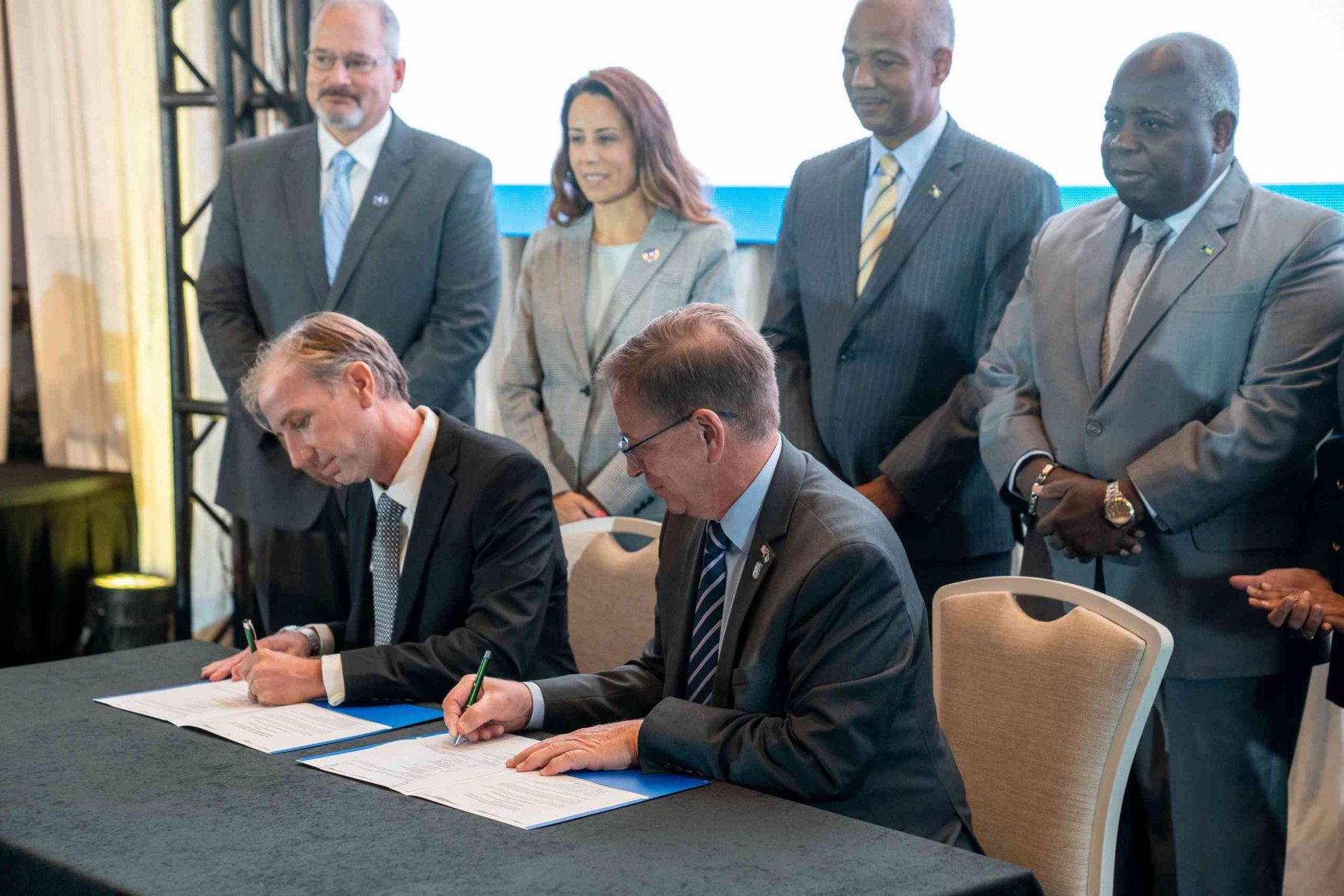
The agreement between the universities will focus on:
- Faculty, scholar and student exchange opportunities.
- Development of joint research programs and conferences.
- Exchange of academic information, materials and publications.
“This collaboration provides a unique opportunity to explore and develop climate change mitigation strategies for two important island states,” said Denise Eby Konan, dean of UH Mānoa’s College of Social Sciences and academic lead for the partnership.
“We envision joint virtual classes, and shared opportunities for field schools and short-term study abroad partnerships. Articulation and transfer pathways from the University of The Bahamas to UH in key areas of study are also planned in subjects such as economics, social sciences of oceans, and other social sciences programs such as public administration and disaster management.”
Pacific Disaster Center expertise
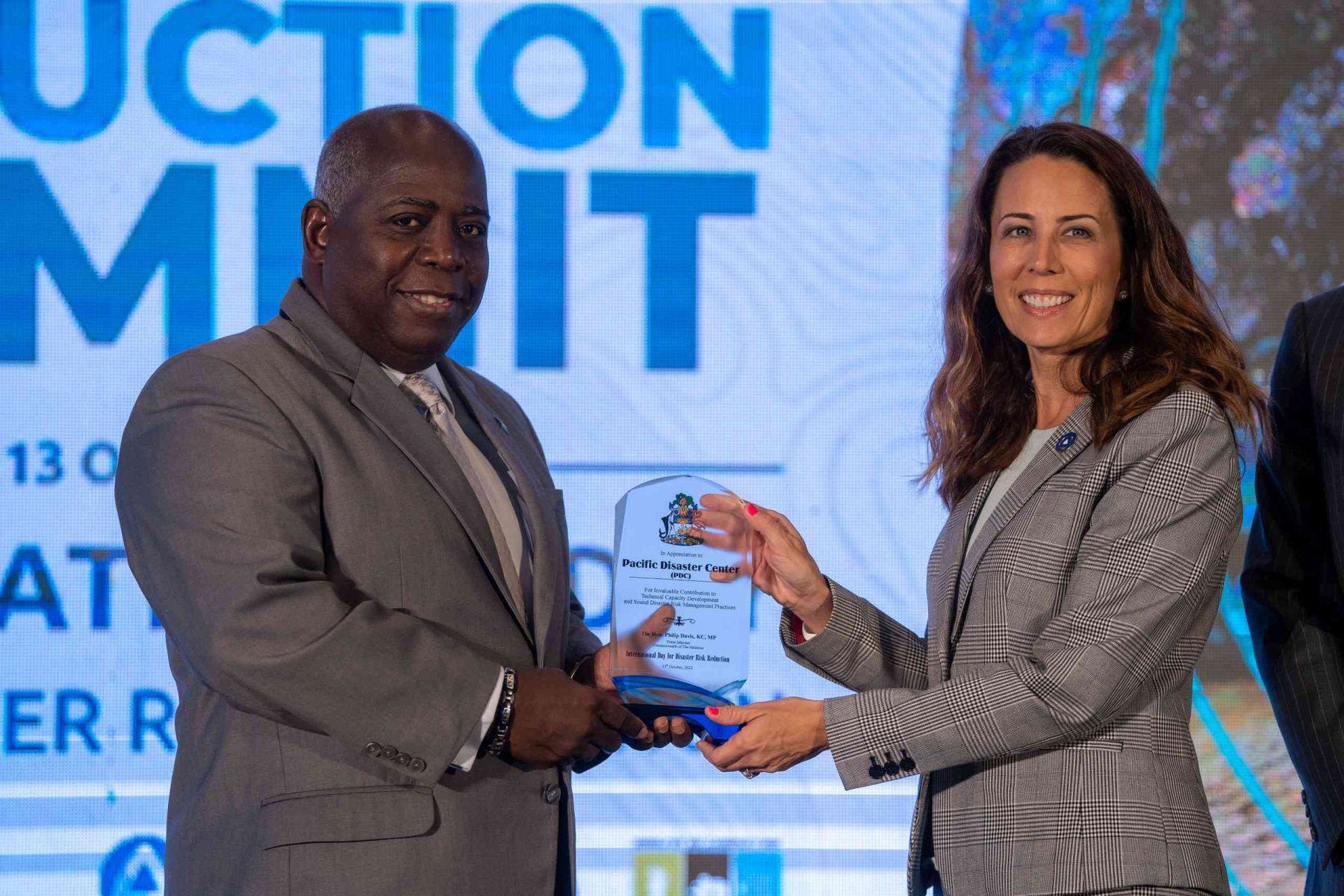
The MOU signing was the signature event at the International Day for Disaster Risk Reduction Symposium held in Nassau, The Bahamas. Following the signing, the Pacific Disaster Center (PDC), a UH applied research center, presented findings from its most recent risk assessment in The Bahamas and highlighted the multi-hazard early warning system known as DisasterAWARE currently in use at the National Emergency Operations Center.
“The advancement in the partnership between UB and UH builds on the long history between our two island communities and strengthens PDC‘s commitment to evidence-based decision making. Academic partnerships such as this are necessary as we collectively work to build resilience to climate change,” said PDC’s Executive Director Ray Shirkhodai.
PDC and The Bahamas have been collaborating on disaster risk reduction capacity development for more than two decades—from joint planning and preparedness exercises, disaster responses, and national policies and procedures to the recently completed National Disaster Preparedness Baseline Assessment, which has already garnered international recognition. In May, PDC was named the recipient of the United Nations’ Sasakawa Award for Disaster Risk Reduction for making critical risk information available for operational use and enabling evidence-based decision making through the DisasterAWARE platform.
Follow us on Facebook
#SaferWorld #DisasterAWARE
